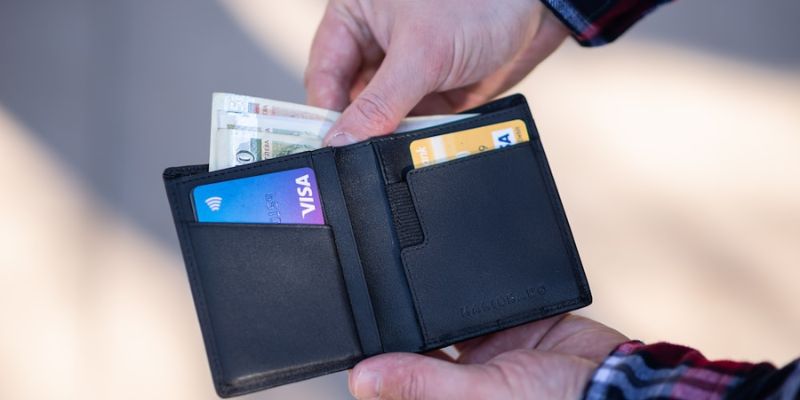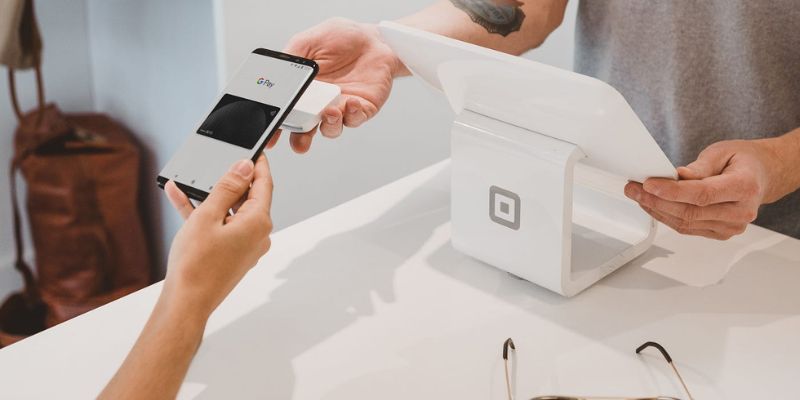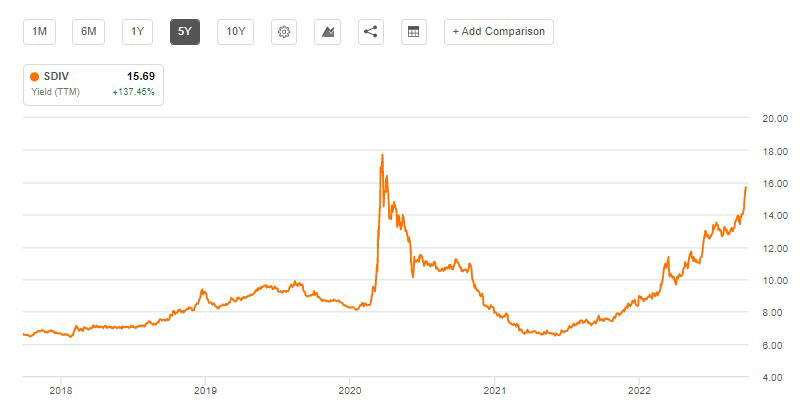Are we in the throes of a great transformation? Is the traditional wallet, that age-old ever-present companion to our daily lives, becoming something of a relic? Are e-wallets taking their place and steering us away from using physical wallets? In today's irrevocably connected world, technology is revolutionizing all aspects of life - including how everyday consumers save and spend their money.
So what does this mean for physical wallets –are they on their way out, or are there still reasons to keep one close at hand? This post will explore the advantages and disadvantages of e-wallets versus actual wallets to help you decide on your method for managing funds.
What is E-Wallets

E-wallets are digital wallets that allow users to store, send, and receive money electronically. They provide an easy way for consumers to make purchases online, in-app stores, or even with payment terminals in physical stores without carrying around cash or credit cards. E-wallet services are provided by companies such as Apple Pay, Pay, Venmo, and Google Pay.
Depending on the service provider, these services may also provide features such as loyalty points or rewards programs that incentivize customers to use certain payment methods. Many of these services are free and can be linked to a bank account or credit card for added convenience.
How Does An E-Wallet Work?

To use an e-wallet, a user must first set up an account with the provider. This typically requires providing information such as name, date of birth, address, and phone number. The user will also be asked to link an existing bank or credit card account to the e-wallet for funding.
Once these details are provided and verified by the provider, the user will be able to start making payments. To pay with an e-wallet, all that is needed is the recipient’s email address or phone number. The payment can then be completed instantly and securely without divulging personal or financial information, such as credit card numbers.
E-Wallets Replacing The Actual Wallet
There's no doubt that e-wallets are becoming increasingly popular, and some argue they offer significant advantages when compared to the traditional wallet. For one thing, the convenience of having your payment information stored without ever needing cash or cards is undeniable.
Plus, with so many people relying on their phones for everything from checking email to ordering food, it makes sense to have one device serve multiple purposes. And with the added security of multi-factor authentication, e-wallets can provide an extra layer of protection from theft and fraud.
However, there are some considerations to remember when using e-wallets to replace a physical wallet. Although these services are convenient, they may also be subject to certain fees or restrictions depending on the provider.
Additionally, most e-wallets require an internet connection for full functionality, meaning you can access your funds if you can get them online. And finally, although it's nice to have the convenience of making payments with your phone, there are still times when you may need cash or a credit card - such as for tips or if a vendor doesn't accept mobile payments.
Advantages of E-Wallets
Fast payments
E-wallets allow users to make secure transactions quickly and easily without cash or credit cards. With just a few taps on your smartphone, you can pay online or in-store and transfer the funds directly to your account.
This eliminates waiting for long lines or approval processes before purchasing. Plus, using digital wallets can help reduce waiting time at checkout counters and speed up transactions in general.
Easy access to funds
Having your payment information stored in an e-wallet gives you easy access to your funds wherever you go, as long as you have an internet connection. You can access your account from any device, transferring money or making purchases quickly and securely.
Plus, most e-wallets allow users to link their accounts to a bank for even more convenience. This makes it easier to keep track of your spending and manage budgets without worrying about keeping enough cash on hand. With e-wallets, accessing your funds has always been challenging.
Improved security
E-wallets provide a layer of encryption and other security protocols to ensure your payment information is safe and secure. Most digital wallets also offer users the option of two-factor authentication, which adds an extra layer of protection when making payments or transferring funds. Additionally, most digital wallets can be password protected for added security, making it difficult for unauthorized users to access your account.
Increased privacy
E-wallets can provide more privacy than traditional payment methods such as cash or credit cards. This is because digital wallets do not require you to fill in personal information when purchasing or transferring funds.
Instead, all transactions are completed anonymously and securely. You can enjoy increased privacy when using e-wallets, as your payment information remains hidden from merchants and other third parties.
Fun rewards
Many e-wallet services offer users the option to earn rewards points for every purchase or transaction. Third-party partners usually provide these loyalty programs and can be used to get discounts on future purchases or even free products. Some e-wallet services also offer rewards programs that let users earn points for using certain payment methods or making specific types of payments.
Easy to use
E-wallets are designed with user convenience in mind, so they are typically easy to set up and use. Most digital wallets have a simple interface that allows users to easily add, remove, or transfer money from their accounts. Most services provide step-by-step instructions on how to set up and use the wallet correctly. This makes e-wallets ideal for those new to online payments or digital banking.
Convenient
E-wallets provide users with a convenient and secure way to store their payment information for future use. All you need to do is create an account on the e-wallet service, link your bank account or credit card, and you’re ready to start making payments or transferring funds. This eliminates the need to enter payment details each time you purchase or transfer money.
FAQS
Is A Complete Transition To E-Wallets Possible?
Yes, it is possible to make a complete transition to e-wallets. With the increasing popularity of digital wallets and their convenience and security features, many people are already switching from traditional payment methods such as cash or credit cards.
Are digital wallets the future?
It’s hard to say for certain, but it looks like e-wallets are certainly here to stay. Their convenience and security features offer advantages over traditional payment methods, making them an attractive option for many users. Additionally, more and more companies are now offering digital wallet services as a way for customers to conveniently pay for goods and services.
Why don't people use e-wallets?
The main reasons people don't use e-wallets are concerns about security and privacy. While digital wallets offer several layers of encryption to keep your information safe, some users may need to be more comfortable with having their payment information stored in a service they do not control.
Conclusion
As it stands, the effects of E-Wallets on physical wallets remain to be seen. That means it still needs to replace certain aspects of the traditional wallet. Certainly, many people are choosing to use e-wallets instead of taking a few dollars out of their real wallets now and again. It might be more convenient for some; just protect yourself from scams or malicious activities using an E-Wallet. It is an emerging technology that has the potential to make life easier though it's important to remember that our real wallets are something we should recognize and appreciate their significance in our lives.



